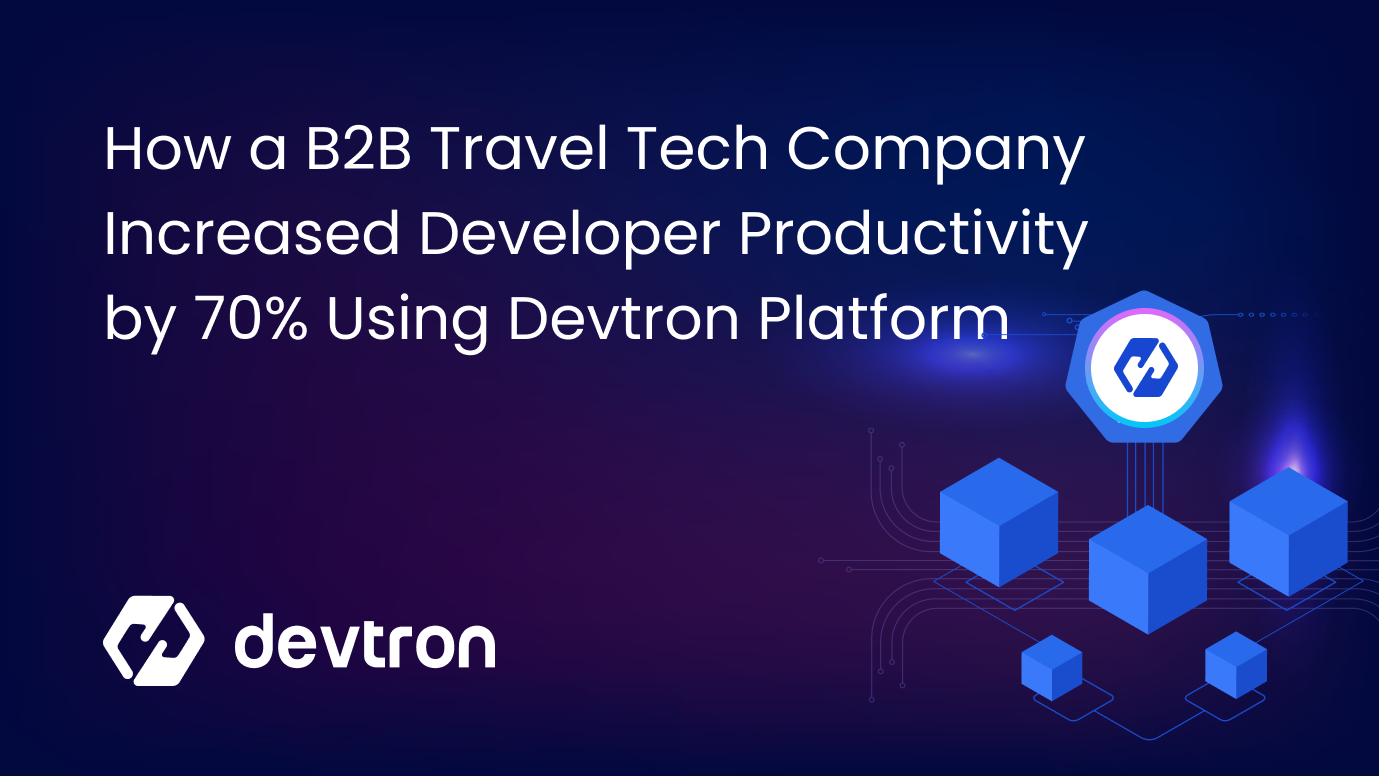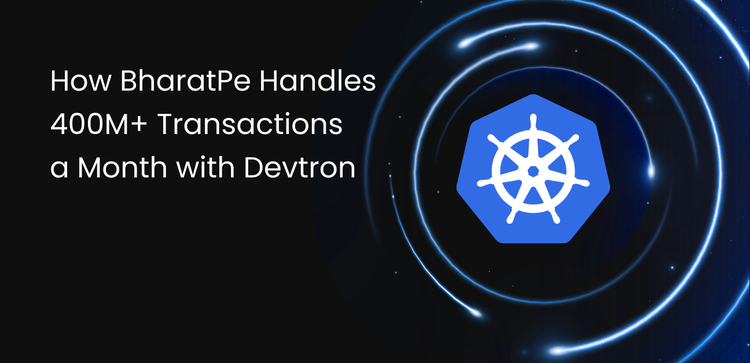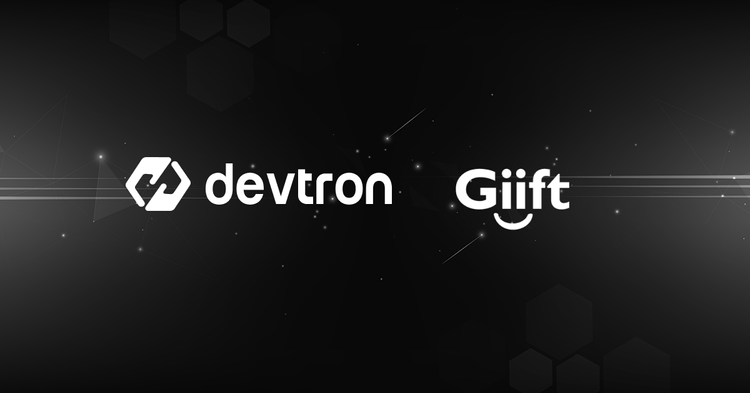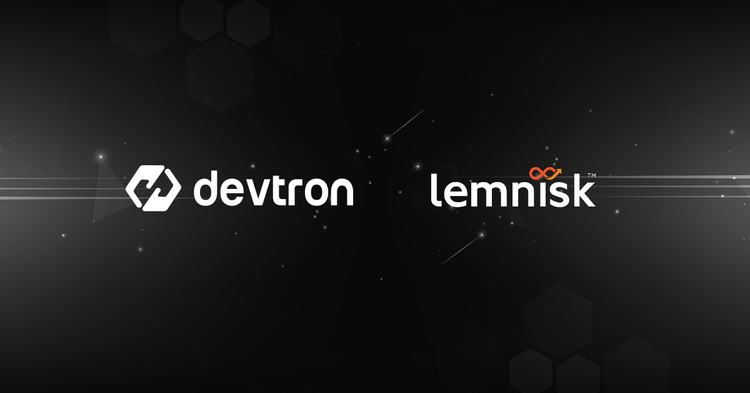Achieved Milestones
- Achieved 100% Automation for the Continuous Delivery on Kubernetes
- Streamlined CI/CD with Single Pane of Glass
- Time to Market Reduced by 50%
- Developer Productivity Increased by 70%
- Improved Full-Stack Visibility
About the Company
Travclan is a travel technology company that empowers travel agents with seamless solutions for booking flights, hotels, and holiday packages while offering on-ground services. With a strong emphasis on innovation, the company enables agents to customize holiday packages online, access real-time quotes, and send tailored packages effortlessly. By leveraging advanced technology to deliver competitive products and pricing, they aim to streamline travel planning, making it more efficient and scalable for professionals worldwide.
Background
As a growing B2B technology company, Travclan has always focused on scaling infrastructure, and ensuring seamless service delivery has always been a priority. The company initially hosted applications on EC2 instances, later containerized microservices, and eventually migrated to Kubernetes. However, as the business expanded, managing Kubernetes at scale became increasingly complex, requiring a platform that could enhance developer productivity and improve microservices scalability. The teams used a mix of tools, including Django, Lens, and Jenkins, to streamline deployments. However, as complexity grew, effectively orchestrating workloads on Kubernetes became challenging.
Challenges
Despite adopting Kubernetes for certain products, managing the infrastructure remained a significant challenge. Previously, the teams relied on a combination of tools and custom scripting, including:
- Lens → For managing Kubernetes clusters and workloads
- Jenkins → For building the container images and deploying them on Kubernetes
- Custom Scripting → Groovy scripts and loads of custom scripting have been used at different stages in the Jenkins pipeline.
Though the teams did a fantastic job of containerizing and deploying applications on Kubernetes, there were some challenges associated with it.
- Lack of Full Stack Visibility: For Kubernetes management, the teams were using Lens, though it gives workload visibility it lacks full-stack visibility of deployed microservices. The workloads associated with a particular microservice, dependencies of microservices, application metrics, DORA metrics, and much more.
- Manual Deployments: The teams were building and deploying applications manually which delayed the time-to-market and hence prone to human errors since automation was not in place.
- Troubleshooting & Debugging: It was difficult to troubleshoot in case of any errors since Kubernetes does come with a steep learning curve hence there was a dependency on the operations teams to provide logs and metrics, for easier troubleshooting and debugging.
- Cumbersome Rollback: Jenkins doesn’t come up with a strategic rollback process by default hence it is again a big challenge if anything breaks down.
- Custom Scripting: A lot of custom scripting has been involved which was another challenge because it needs to be updated, and maintained as the requirements increased. Maintaining the custom script itself is an overhead.
- Access Control: The teams were provided access to the AWS Console and Kubeconfig files were shared. Fine-grained access was a big challenge since the access level at Lens is not fine-grained for different users and teams.
- Tools Chain Complexities: The teams were using different sets of tools which increased the complexity of maintaining these tools and hence context switching across multiple tools.
Solution: The Devtron Platform
To address these challenges and improve the entire Software Development Lifecycle (SDLC), TravClan sought to buy a Kubernetes-native platform that would help them streamline their Continuous Integration (CI) and Continuous Deployment (CD) with a single pane of glass for managing the deployments of microservices on Kubernetes.
Travclan has successfully used the Devtron Platform and migrated their microservices from Google Kubernetes Engine (GKE) to AWS Elastic Kubernetes Service (EKS) with a record time.
Key Features Leveraged
Kubernetes-native CI/CD: Devtron’s CI/CD pipelines provided a single pane of glass for managing deployments. Real-time builds optimized parallel execution, reducing deployment time and automating rollouts across environments.
- Fined-Grained Access Management: Devtron’s Role-Based Access Control (RBAC) with Single Sign-On (SSO) streamlined access management. Teams no longer needed to share cloud console credentials or kubeconfig files, improving security and governance.
- Automation: Devtron Platform has completely automated the workflows with its CI/CD pipelines, no more custom scripting is required since the platform is built for Kubernetes with an intuitive dashboard helping them to automate the workflows end to end.
- Configuration Management: Devtron’s Deployment templates and customizable GUI on top of that helped them to offload the basic configurations to developers reducing the dependencies on DevOps teams.
- GitOps Delivery & Rollback: Devtron enabled GitOps best practices, ensuring that all configurations were version-controlled. One-click rollback features provided stability and quick recovery during failures
- Self-Serve Model: Developers could now own their deployments without worrying about underlying Kubernetes complexities. They built and deployed applications in respective environments with controlled access.
- Troubleshooting & Debugging: With the platform’s easy-to-use UI, abstracting out the complexities of Kubernetes, it becomes easier for developers to troubleshoot and debug applications if there are any issues. Features like showing the logs, events, manifest, getting into the container, defining microservices dependencies, and easy navigation across environments, improved the developer productivity and helped them to debug applications faster on their own without depending on DevOps teams.
Results & Business Impact
By adopting Devtron, Travclan achieved 100% workflow automation, streamlined Kubernetes management, and significantly improved developer productivity. Key outcomes included:
- 50% reduction in time-to-market
- 70% increase in developer productivity
- Complete automation of CI/CD pipelines
~ Shrawan Kumar Lal, VP of TravClan
Conclusion
The partnership between Devtron and TravClan has revolutionized TravClan’s deployment strategies, showcasing the power of the right tools and automation in today’s fast-paced travel tech industry. By replacing a complex toolchain and eliminating the need for custom scripting, Devtron has empowered TravClan to achieve 100% automation in their CI/CD pipelines. This transformation reduced time-to-market by 50% and boosted developer productivity by 70%, enabling teams to focus on innovation rather than operational overhead.
Devtron’s Kubernetes-native platform simplified Kubernetes management with features like fine-grained access control, GitOps delivery, strategic rollbacks, and a self-serve model for developers. The platform’s intuitive dashboard and troubleshooting tools also enhanced operational efficiency, allowing developers to independently debug and deploy applications.
For TravClan, adopting Devtron was more than solving existing challenges—it set a benchmark for operational excellence. The collaboration underscores the importance of leveraging cutting-edge technology to streamline workflows and drive productivity in highly competitive industries. With Devtron, TravClan has established a robust, scalable, and efficient foundation to support its mission of empowering travel professionals worldwide.







